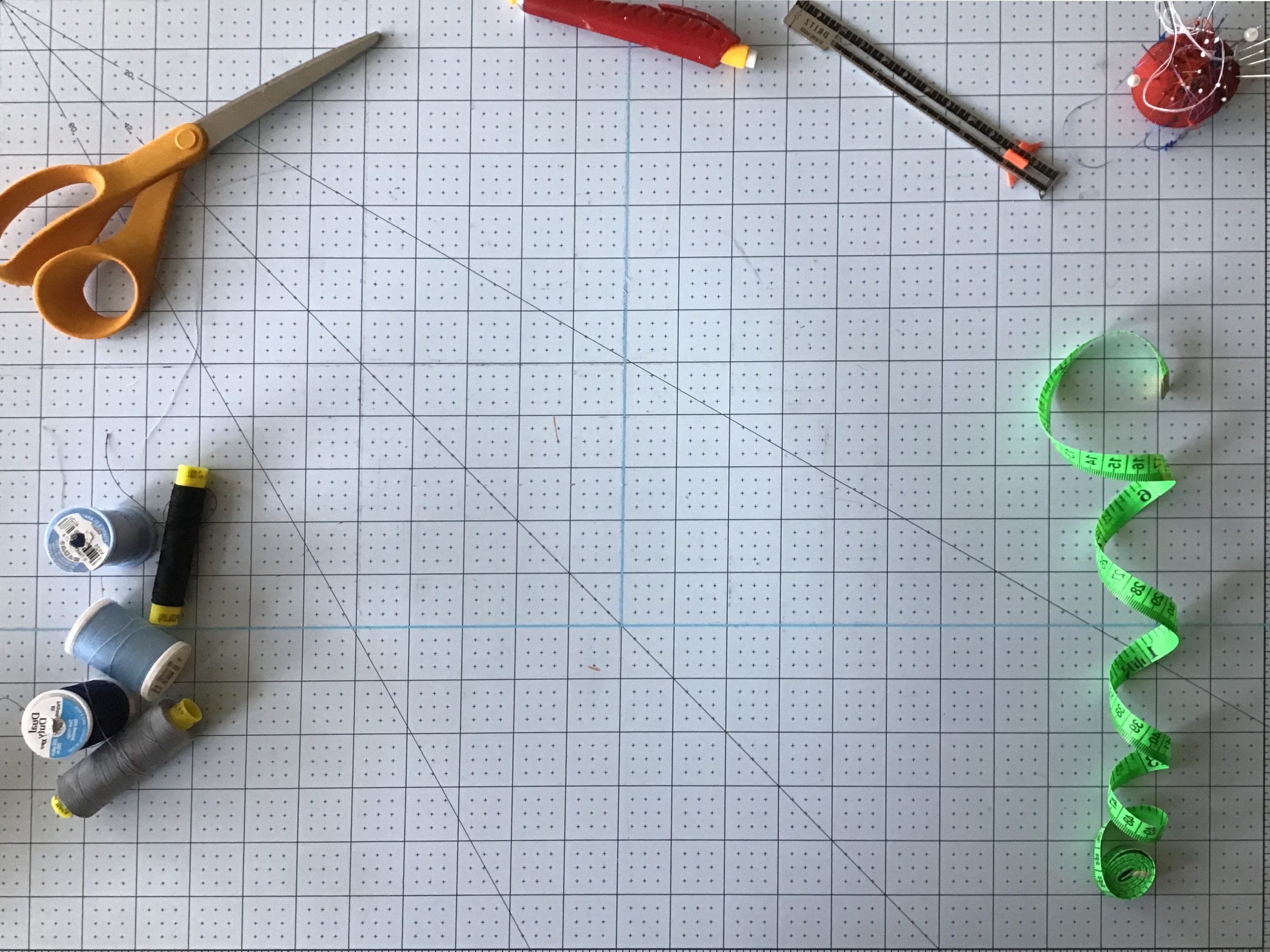Category: Historical Tailoring
-
Damascus Grand Rotary
I am now the proud owner of a roughly 100 year old Damascus Grand Rotary sewing machine head. Now what do I do with it? Let’s start by figuring out what we have.
-
Templar Frock Coat Construction
It’s finally time to fully construct my Templar Frock Coat. The construction will follow Mr. Thimble’s instructions, at least as much as possible, after a point I’ve had to make it up.
-
“How To Make A Cutaway Frock”
Or The Marvelous Mr. Thimble As part of my ongoing Templar Frock project, I’ve been looking into historical sources on […]
-
Basic Sack Coat Construction
Now let’s just cut out the pattern pieces we just finished at see what the sack starts to look like when it’s put together. To finish it, to make a real, wearable piece, we still need to figure out how to cut and attach the facing and lining pieces. I think it’s really starting to…
-
Diagrams 144 and 145: Drafting a Pair of Trousers
After finishing a classic jacket, a matching set of trousers could finish up the outfit nicely. For the trousers we have two diagrams. Diagram 144 shows how to draft the front piece and 145 drafts the back piece over that.
-
Diagrams 75 – 77: The Sleeve
The particularly observant may have noticed that at no point did Mr. Regal tell us how we were going to shape or cut sleeves for the sack coat that we’ve spent all this time learning how to draft and cut. If we want to have something like a finished jacket, though, we’ll want to at…
-
Diagrams 4-13: Adjusting the Basic Sack Coat
Finally, we’ve created the start of a sack coat pattern using the methods found in The American Garment Cutter. From here we still have a few adjustments and alterations before we can get to part where we can actually start cutting some fabric and put it all together. This, of course, is where Regal’s advice…
-
Diagrams 2 and 3: Finishing a Basic Sack Coat Pattern
There was a lot in just putting together maybe half of the lines necessary to draft a basic sack coat in Diagram 1, and it’s not done yet, we have two more diagrams to get through before we can even consider this mostly finished and there are yet more issues we’ll encounter along the way.…
-
Diagram 1: The Basic Starting Block
We’ll start with the basic block that can serve as the basis for many different garments. Of course, the book doesn’t actually just reuse this block for everything, that would be too easy, but it does introduce a basic system for drafting that will be reused consistently.












